The Macra Agricultural Skillnet Master’s in Agricultural extension and Innovation aims to equip graduates with the skills and knowledge to support farmers more effectively in developing farm businesses and incorporating innovation into their enterprise.
The programme, completed through UCD, takes place over two years in a distance learning format. The Master’s is also part-funded by Macra Agricultural Skillnet (they generally cover up to 25% of the fee), making it an affordable option, too.
Unique programme
Modules include agricultural education, understanding the family farm business and design thinking for agricultural innovation, but there are other aspects of this programme which set it apart. ICL spoke with Dr Tomás Russell, who is assistant professor in Agricultural Extension and Innovation at UCD as well as director of the Master’s programme, to find out more.
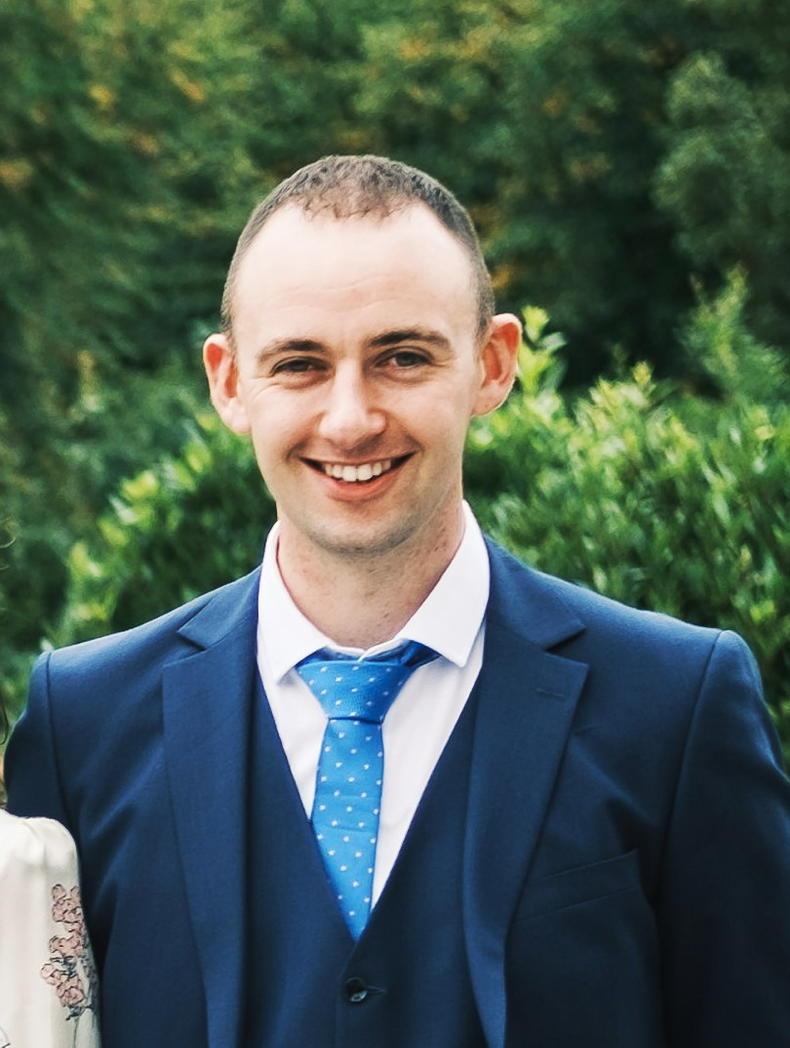
Dr Tomás Russell is assistant professor in Agricultural Extension and Innovation at UCD and is director of the Masters programme
“Our Macra Skillnet-supported Master’s programme is really unique,” he explains. “A lot of our programmes are for recent graduates, but this one is really for people already working in the industry who are interested in progressing, upskilling, are looking for a promotion or are looking for a different type of work. It’s great, because there’s a variety of different people who come on to the programme - you don’t need an ag science degree to be eligible. You just need to be working in an industry where you’re in direct contact with farmers.”
What makes farmers tick
While other agricultural Master’s programmes might focus more on technical skills, this programme focuses on understanding farmers and how they can best be supported. Entry requirements for the course are a Level 8 Honours degree in any discipline with a minimum grade of 2.2 (or relevant experience), as well as having a job with direct farmer contact.
“It’s more around really trying to figure out what motivates the farmer and how can we best support and work with that motivation, to help farmers adopt different technologies and methods,” Tomás says. “We cover everything from succession and inheritance to climate change and effective communication skills.”
“A lot of the modules are what we call ‘reflective practise’, so we provide the scaffolds for students to really think about the work they’re doing, how they can improve it and then provide them with the skills to do so,” he adds.
Diverse group
Because of their wider eligibility criteria, Tomas says they end up with a diverse and interesting group of students (they accept 15 applications each year). From veterinarians to sales representatives and even MEPs, a large benefit of this programme is the reciprocal learning which takes place.
“They learn as much from each other as they do from the modules, and they share their personal experiences, which is brilliant,” Tomás says. “I’m learning from them, as well.”
Case Study: Niamh Brennan
In 2015, Niamh Brennan completed her Bachelor’s degree at UCD in Agricultural Science (in Animal Science).
In 2020, she decided to return to her alma mater to complete the Macra Agricultural Skillnet Master’s programme. She works for Brady Group, an agricultural consultancy and land agents business based in Cork. She says with the partial funding from Macra, additional funding provided by her employer and the distance learning format, applying to this programme was an easy decision to make.
“I was out from college for five years, and I knew I always wanted to get back into education,” she says. “When I started working in advisory with Brady Group I knew I needed something part time, since I would be working as well. Straight away, the Macra Skillnet came up and it ticked all the boxes. I had loved my [previous] time at UCD, so I took the opportunity to come back!
Benefits at work
As Niamh started her Master’s during the pandemic (in September 2020), she felt she had the time to take on a new challenge. She says her only regret is that she and her classmates have never managed to meet up in person, but, besides COVID-19, this is also largely down to the fact that they all work and live in different areas. Overall, she says the many things she has learned have helped her develop in her current role.
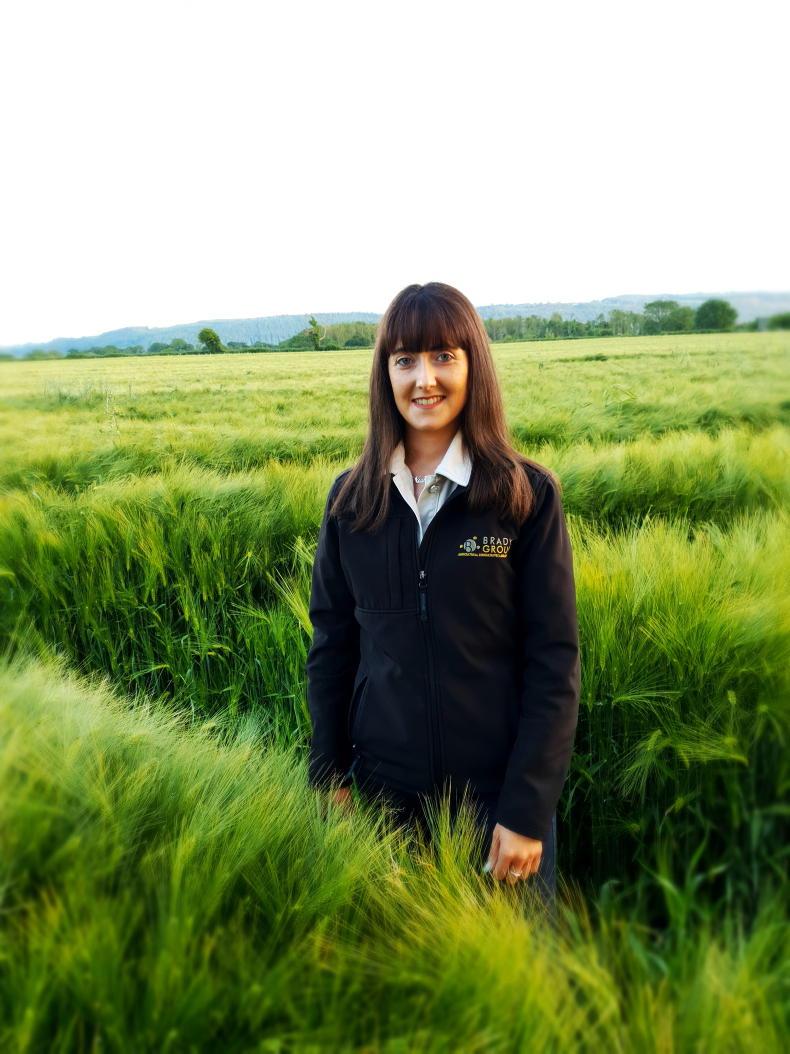
In 2020, Niamh Brennan decided to return to her alma mater to complete the Macra Agricultural Skillnet Masters programme.
“It lined up perfectly because I was new to the company [at the time],” she explains. “We had to do a SWOT (strengths, weaknesses, opportunities and threats) analysis and it made me focus on my goals with Brady Group. I was able to sit down and make six month goals; one year goals, it linked well with the Master’s because the modules are very reflective.
“We’re consultants and do all sorts of work – scheme advisory, land evaluations - there were loads of people in my class from different areas of the industry, so you’re always getting different perspectives. Brady is a small company but we’re team focused, so it was great to be able to bring my knowledge from the Master’s into my role at work.”
Increased confidence
Niamh says the course also increased her personal confidence to take on areas she wouldn’t have previously considered within her company. She will complete her Master’s at the end of August or September.
Read more
Do you think an apprenticeship could be for you?
Microsoft and Maynooth University bring digital wealth
The Macra Agricultural Skillnet Master’s in Agricultural extension and Innovation aims to equip graduates with the skills and knowledge to support farmers more effectively in developing farm businesses and incorporating innovation into their enterprise.
The programme, completed through UCD, takes place over two years in a distance learning format. The Master’s is also part-funded by Macra Agricultural Skillnet (they generally cover up to 25% of the fee), making it an affordable option, too.
Unique programme
Modules include agricultural education, understanding the family farm business and design thinking for agricultural innovation, but there are other aspects of this programme which set it apart. ICL spoke with Dr Tomás Russell, who is assistant professor in Agricultural Extension and Innovation at UCD as well as director of the Master’s programme, to find out more.

Dr Tomás Russell is assistant professor in Agricultural Extension and Innovation at UCD and is director of the Masters programme
“Our Macra Skillnet-supported Master’s programme is really unique,” he explains. “A lot of our programmes are for recent graduates, but this one is really for people already working in the industry who are interested in progressing, upskilling, are looking for a promotion or are looking for a different type of work. It’s great, because there’s a variety of different people who come on to the programme - you don’t need an ag science degree to be eligible. You just need to be working in an industry where you’re in direct contact with farmers.”
What makes farmers tick
While other agricultural Master’s programmes might focus more on technical skills, this programme focuses on understanding farmers and how they can best be supported. Entry requirements for the course are a Level 8 Honours degree in any discipline with a minimum grade of 2.2 (or relevant experience), as well as having a job with direct farmer contact.
“It’s more around really trying to figure out what motivates the farmer and how can we best support and work with that motivation, to help farmers adopt different technologies and methods,” Tomás says. “We cover everything from succession and inheritance to climate change and effective communication skills.”
“A lot of the modules are what we call ‘reflective practise’, so we provide the scaffolds for students to really think about the work they’re doing, how they can improve it and then provide them with the skills to do so,” he adds.
Diverse group
Because of their wider eligibility criteria, Tomas says they end up with a diverse and interesting group of students (they accept 15 applications each year). From veterinarians to sales representatives and even MEPs, a large benefit of this programme is the reciprocal learning which takes place.
“They learn as much from each other as they do from the modules, and they share their personal experiences, which is brilliant,” Tomás says. “I’m learning from them, as well.”
Case Study: Niamh Brennan
In 2015, Niamh Brennan completed her Bachelor’s degree at UCD in Agricultural Science (in Animal Science).
In 2020, she decided to return to her alma mater to complete the Macra Agricultural Skillnet Master’s programme. She works for Brady Group, an agricultural consultancy and land agents business based in Cork. She says with the partial funding from Macra, additional funding provided by her employer and the distance learning format, applying to this programme was an easy decision to make.
“I was out from college for five years, and I knew I always wanted to get back into education,” she says. “When I started working in advisory with Brady Group I knew I needed something part time, since I would be working as well. Straight away, the Macra Skillnet came up and it ticked all the boxes. I had loved my [previous] time at UCD, so I took the opportunity to come back!
Benefits at work
As Niamh started her Master’s during the pandemic (in September 2020), she felt she had the time to take on a new challenge. She says her only regret is that she and her classmates have never managed to meet up in person, but, besides COVID-19, this is also largely down to the fact that they all work and live in different areas. Overall, she says the many things she has learned have helped her develop in her current role.

In 2020, Niamh Brennan decided to return to her alma mater to complete the Macra Agricultural Skillnet Masters programme.
“It lined up perfectly because I was new to the company [at the time],” she explains. “We had to do a SWOT (strengths, weaknesses, opportunities and threats) analysis and it made me focus on my goals with Brady Group. I was able to sit down and make six month goals; one year goals, it linked well with the Master’s because the modules are very reflective.
“We’re consultants and do all sorts of work – scheme advisory, land evaluations - there were loads of people in my class from different areas of the industry, so you’re always getting different perspectives. Brady is a small company but we’re team focused, so it was great to be able to bring my knowledge from the Master’s into my role at work.”
Increased confidence
Niamh says the course also increased her personal confidence to take on areas she wouldn’t have previously considered within her company. She will complete her Master’s at the end of August or September.
Read more
Do you think an apprenticeship could be for you?
Microsoft and Maynooth University bring digital wealth







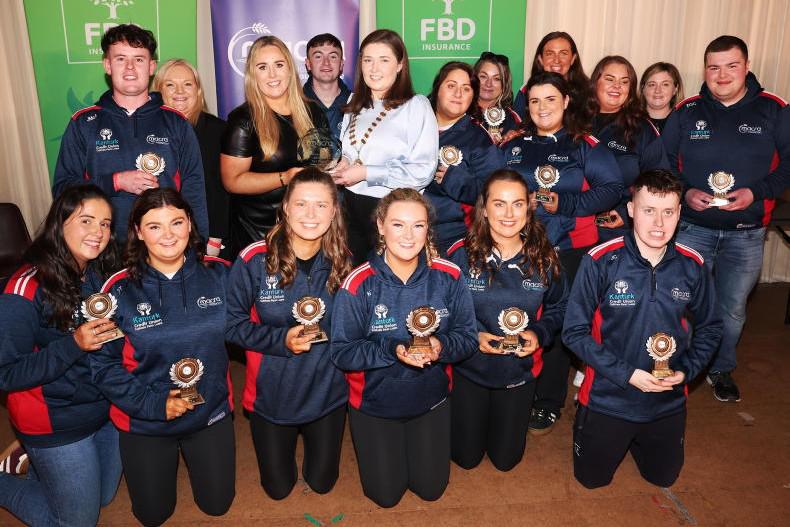
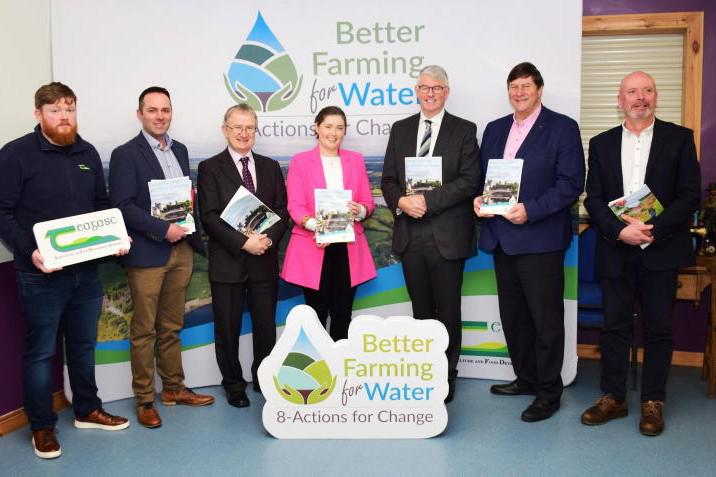
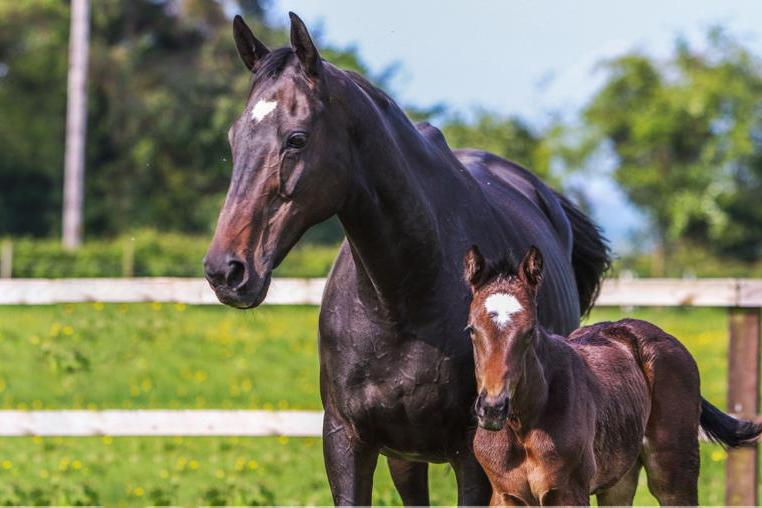

SHARING OPTIONS